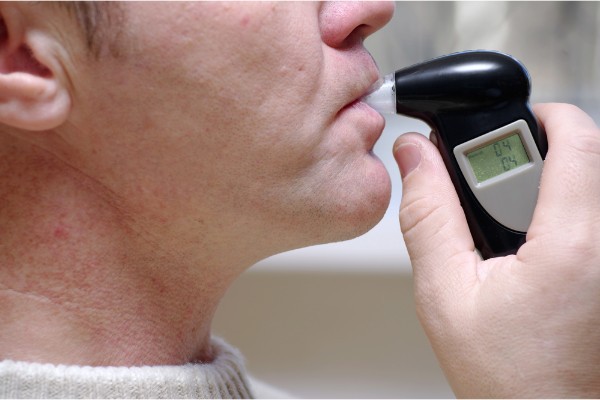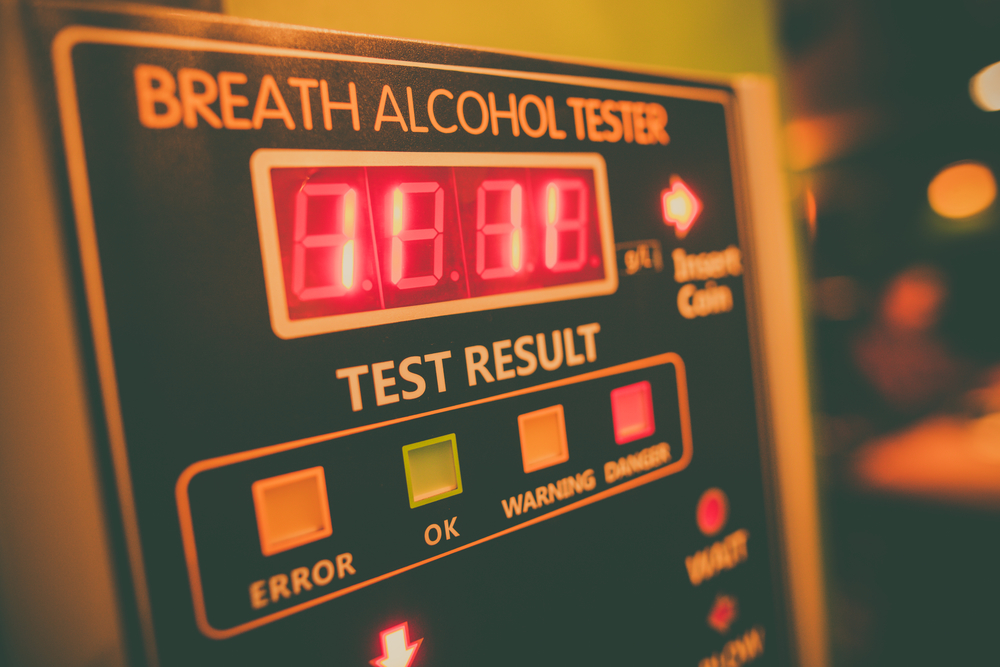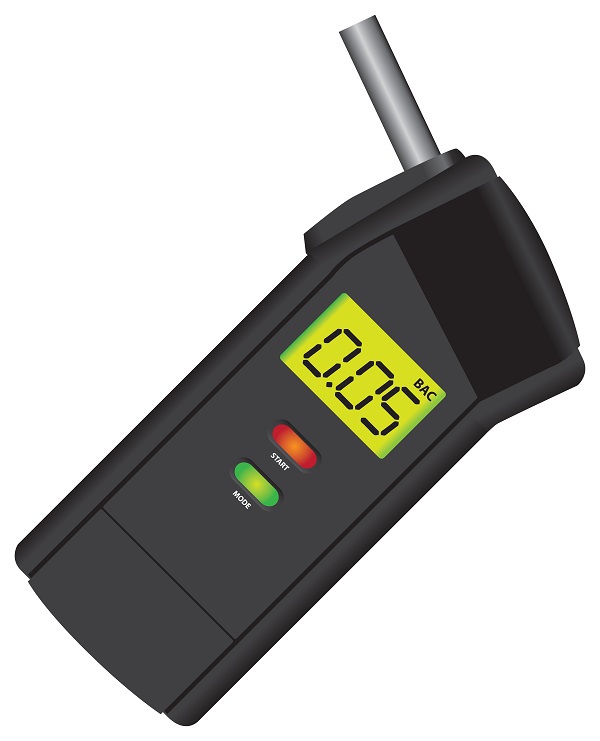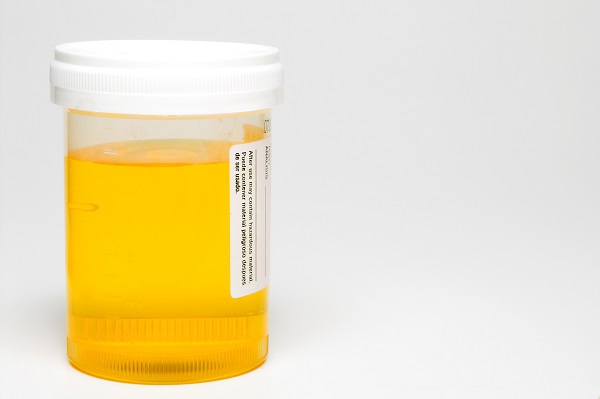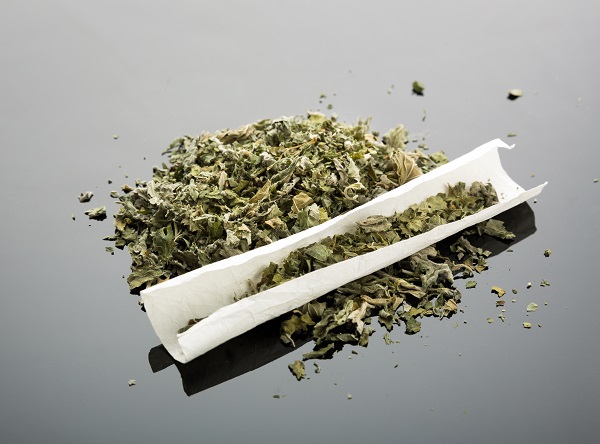Utah’s Strict New BAC Law Indicates Trend of Stronger DUI Enforcement
Utah’s new law lowering the legal BAC limit from 0.08 to 0.05 indicates a general trend of stronger DUI enforcement in the United States. While Oklahoma’s BAC limit is still 0.08, at least one other state besides Utah has begun cracking down on DUI drivers too. Utah has one of the lowest rates of alcohol-related traffic deaths in the United States, probably due to its strict limits on alcohol purchase and consumption. The state has laws that limit the strength of beer and ban individuals from importing and transporting alcohol into Utah from another state. Utah drunk driving rates, though, remain...
Continue reading


